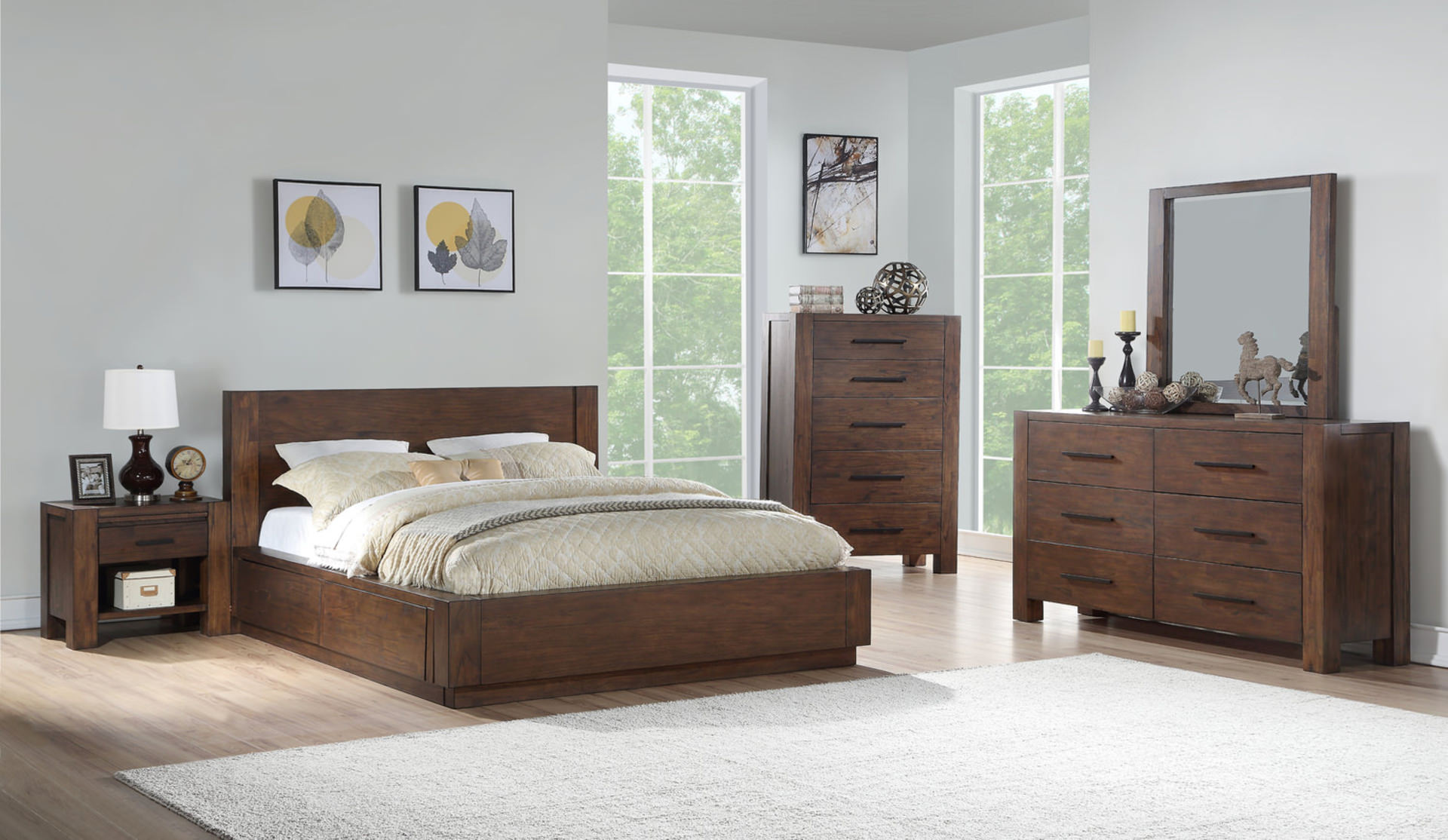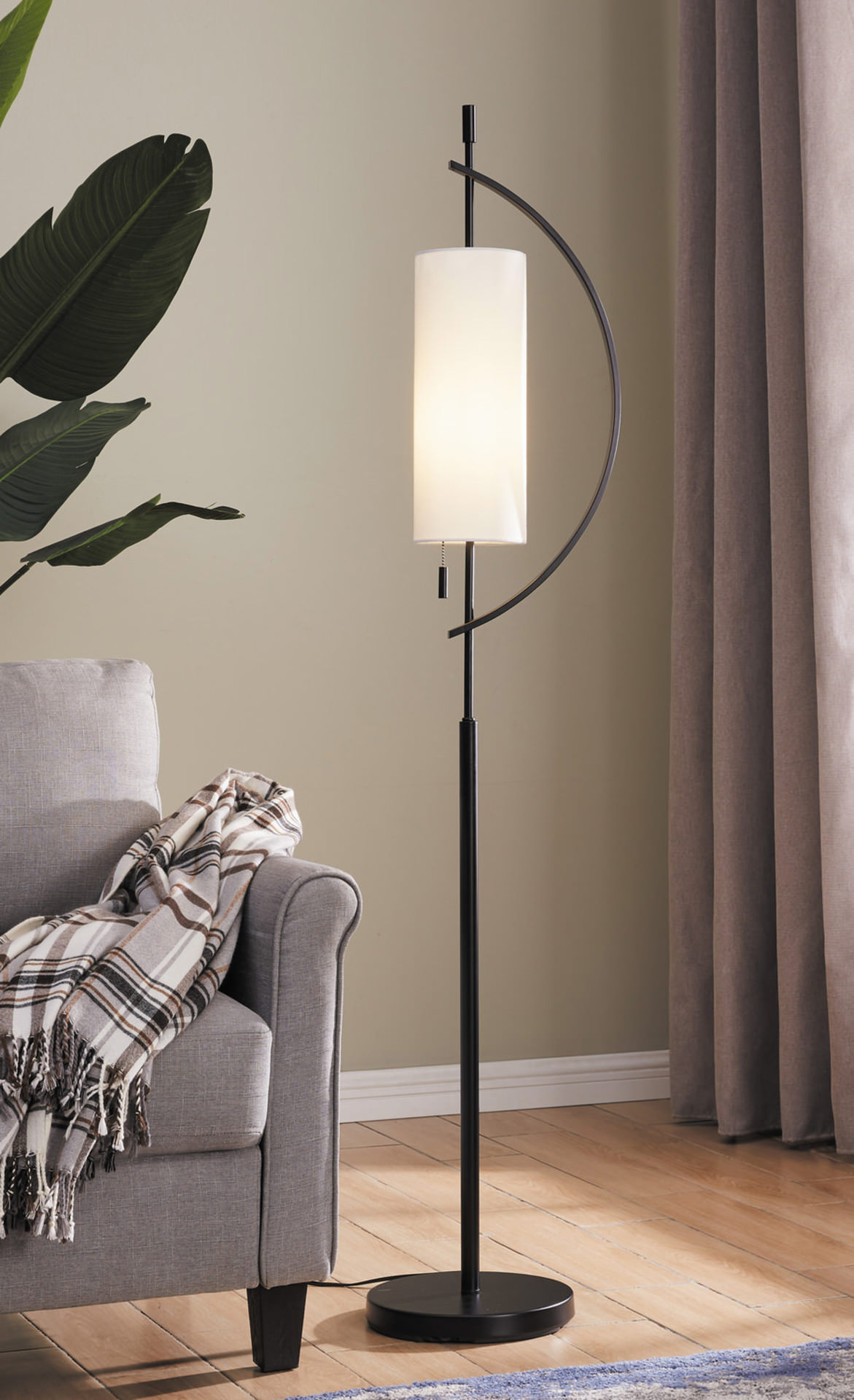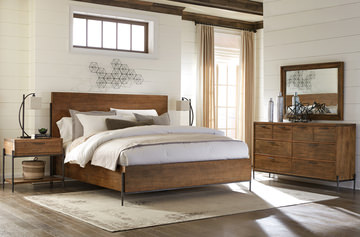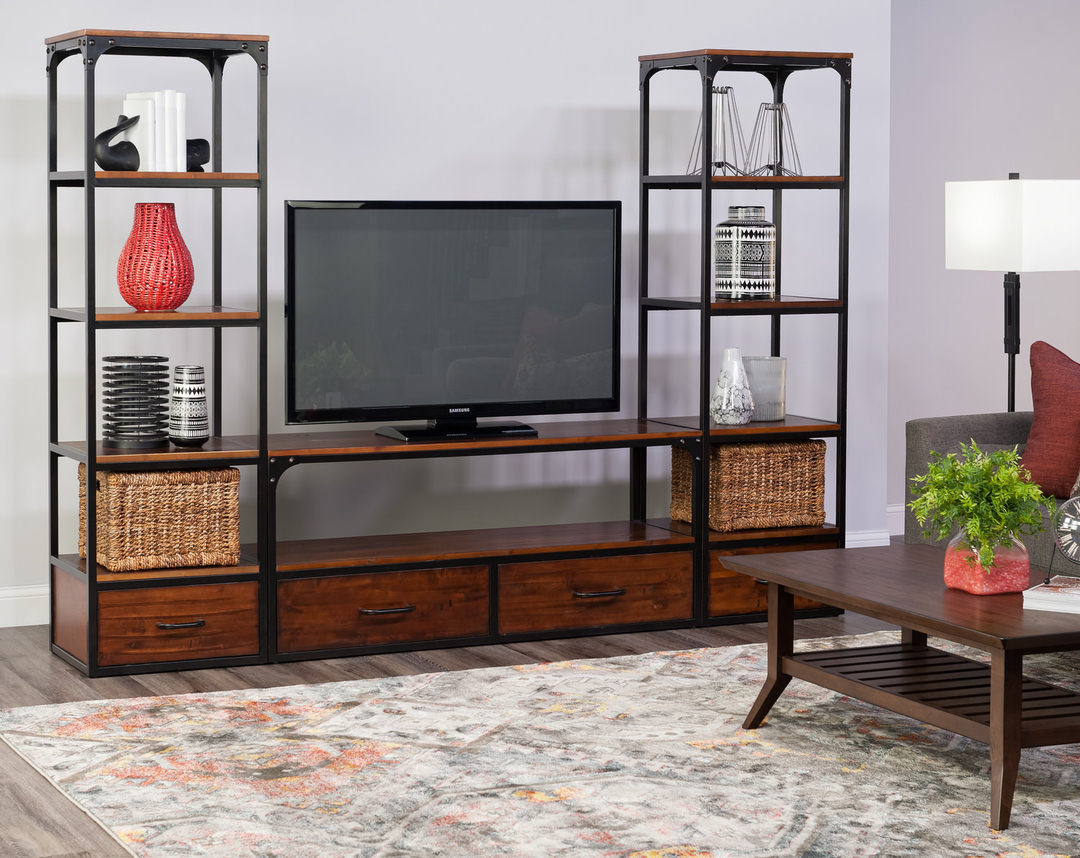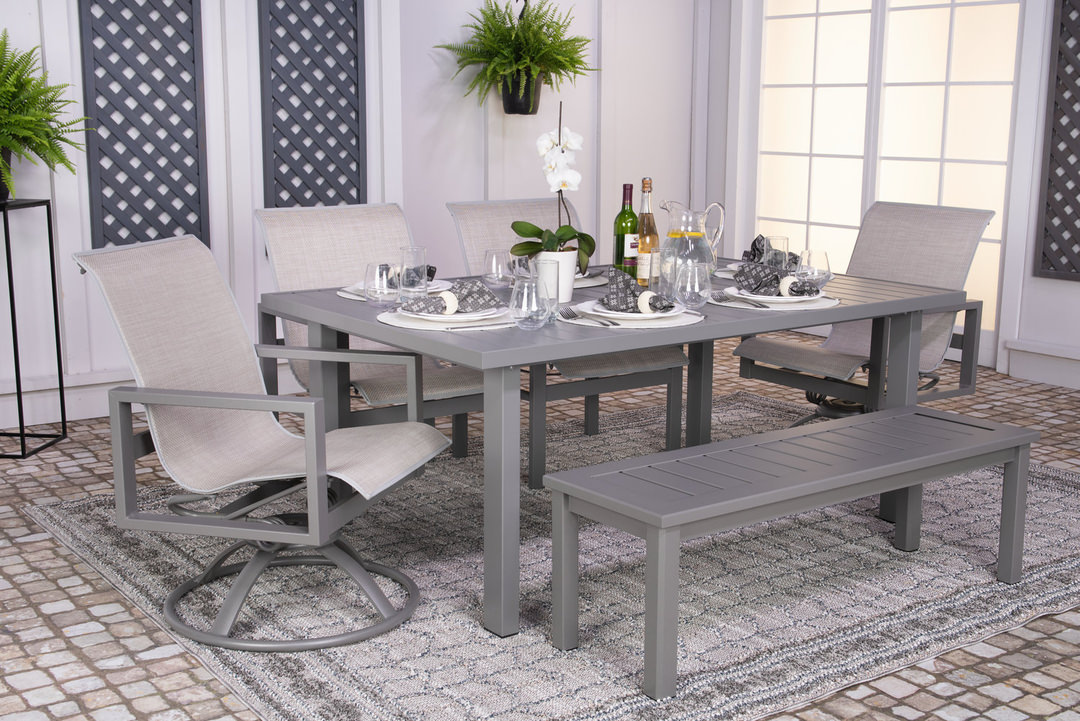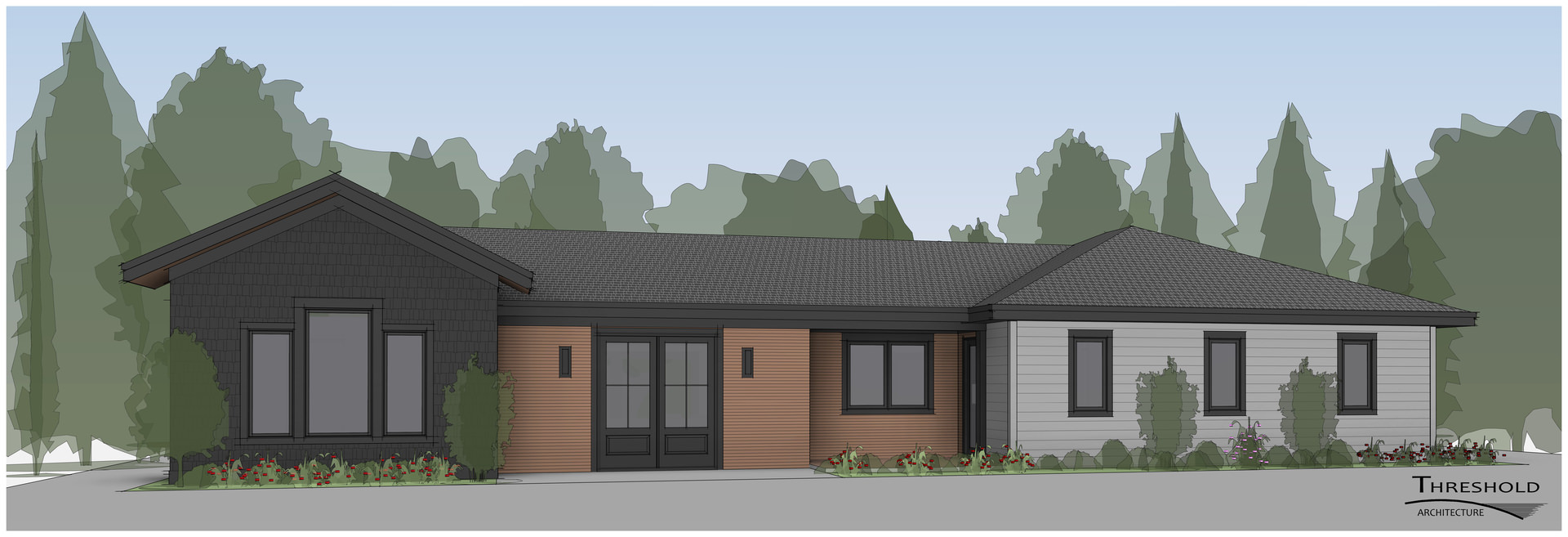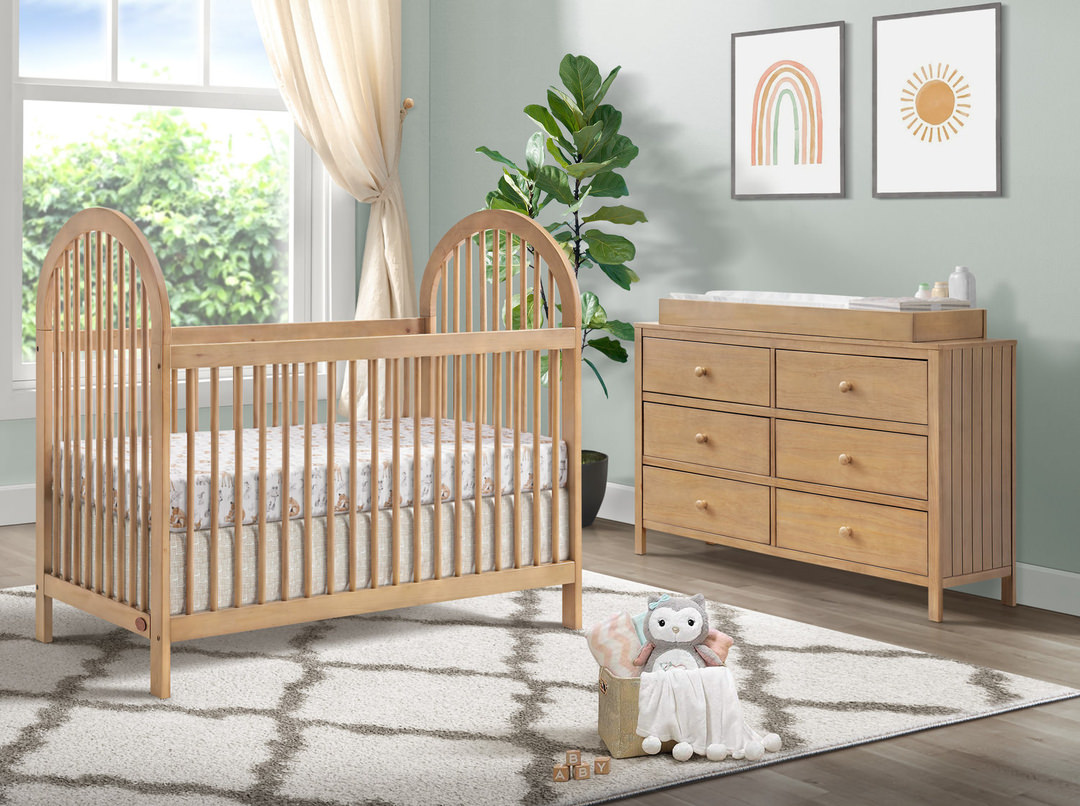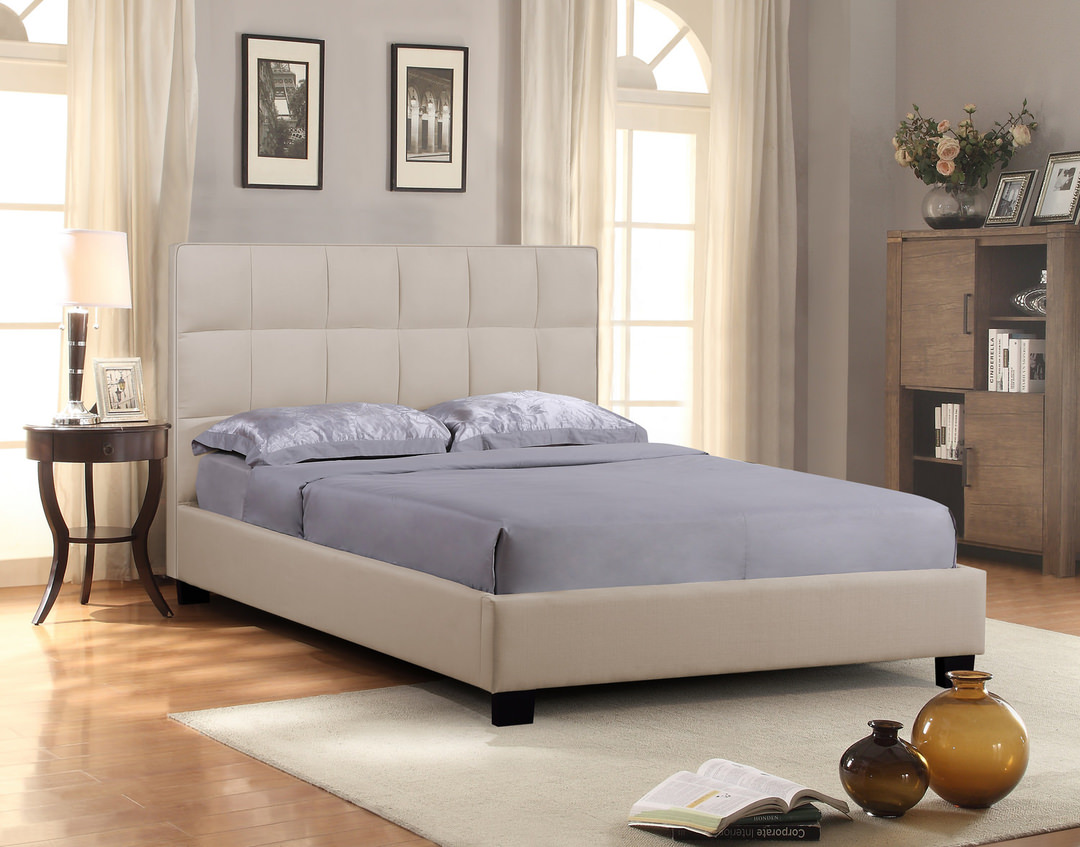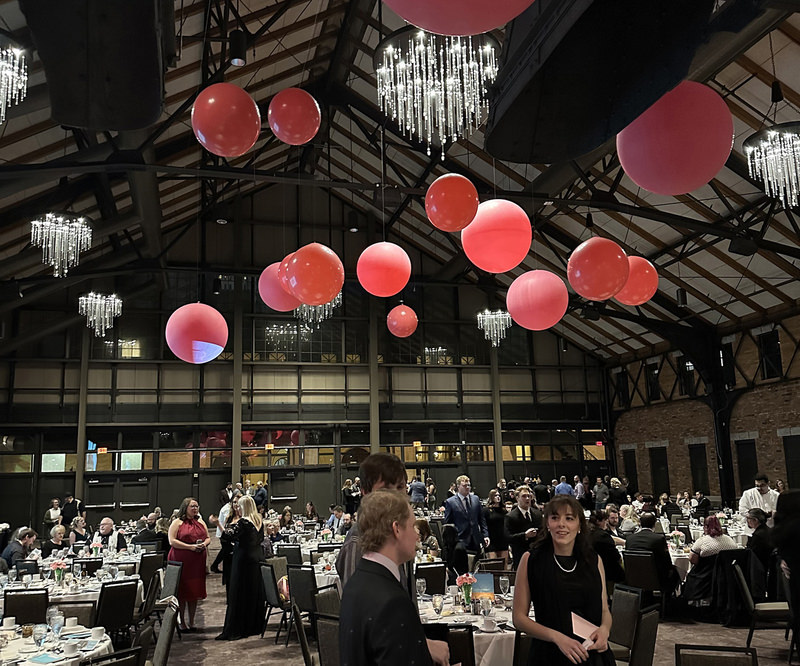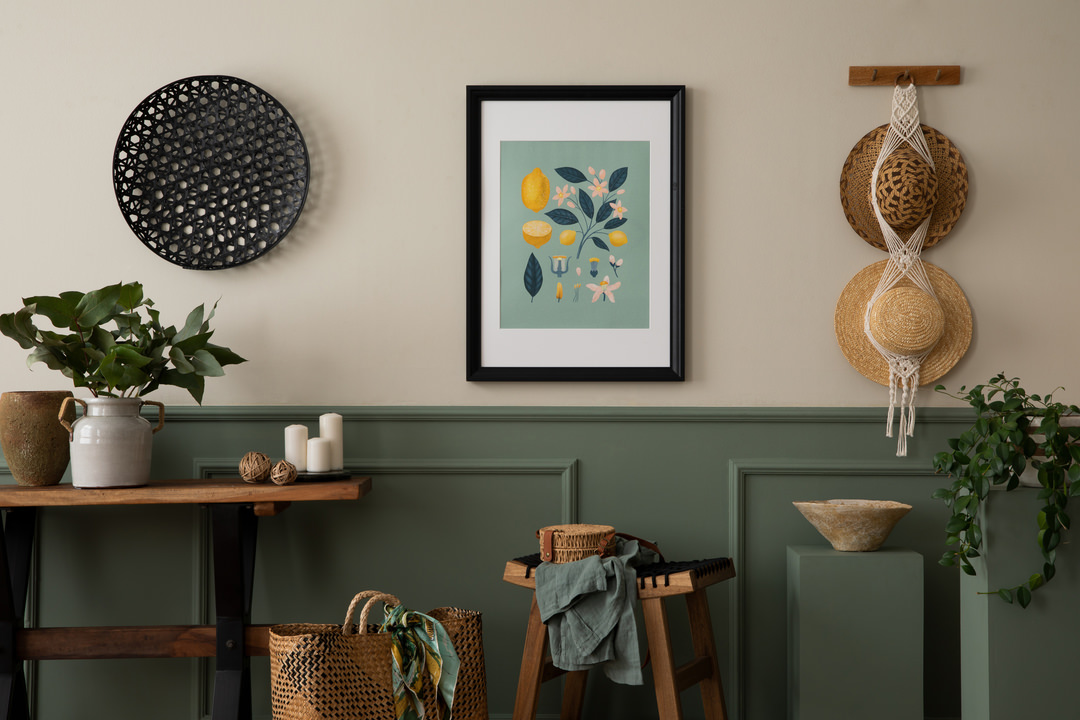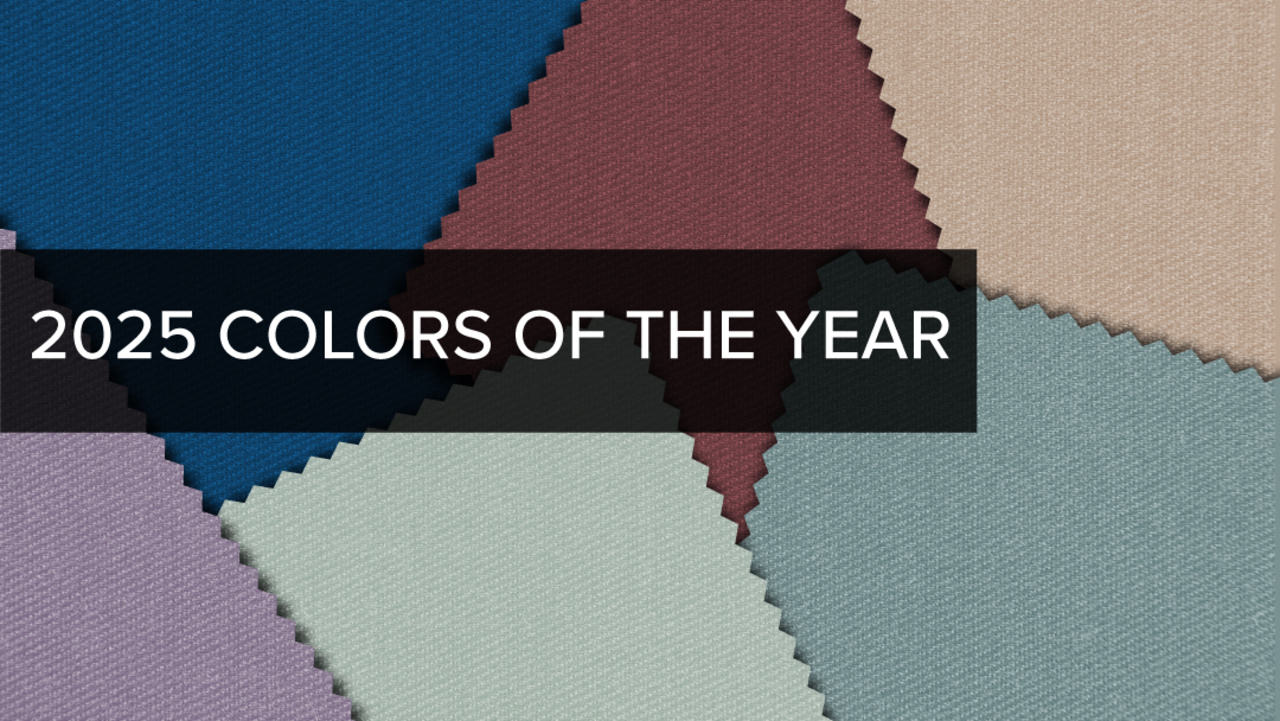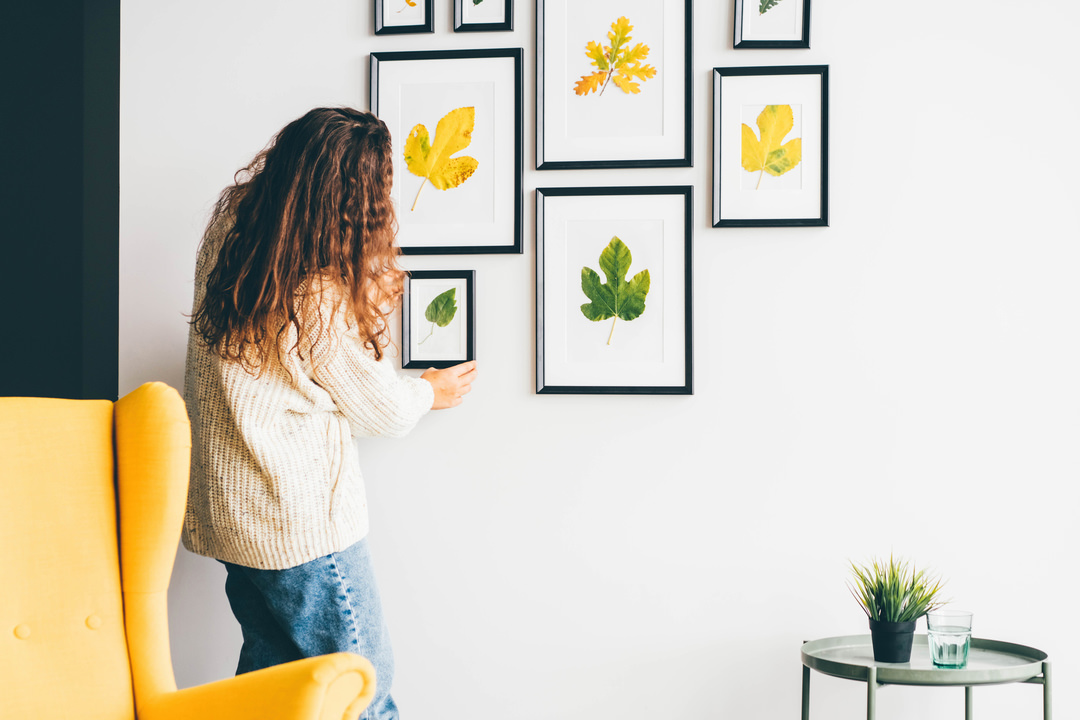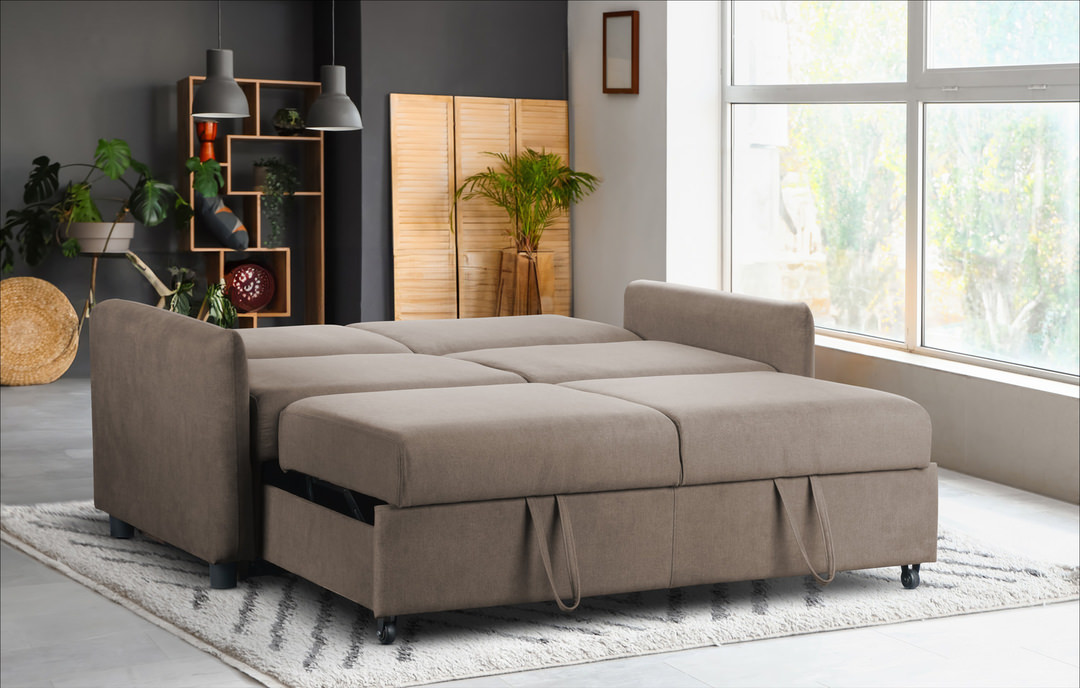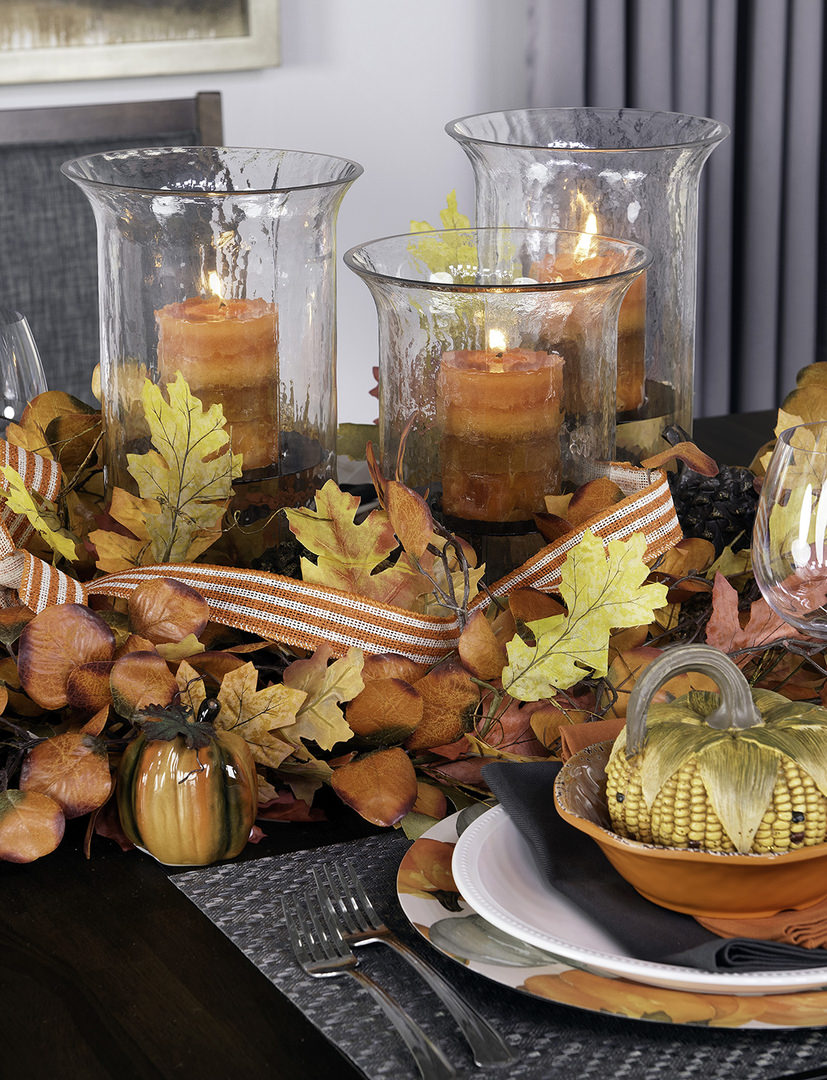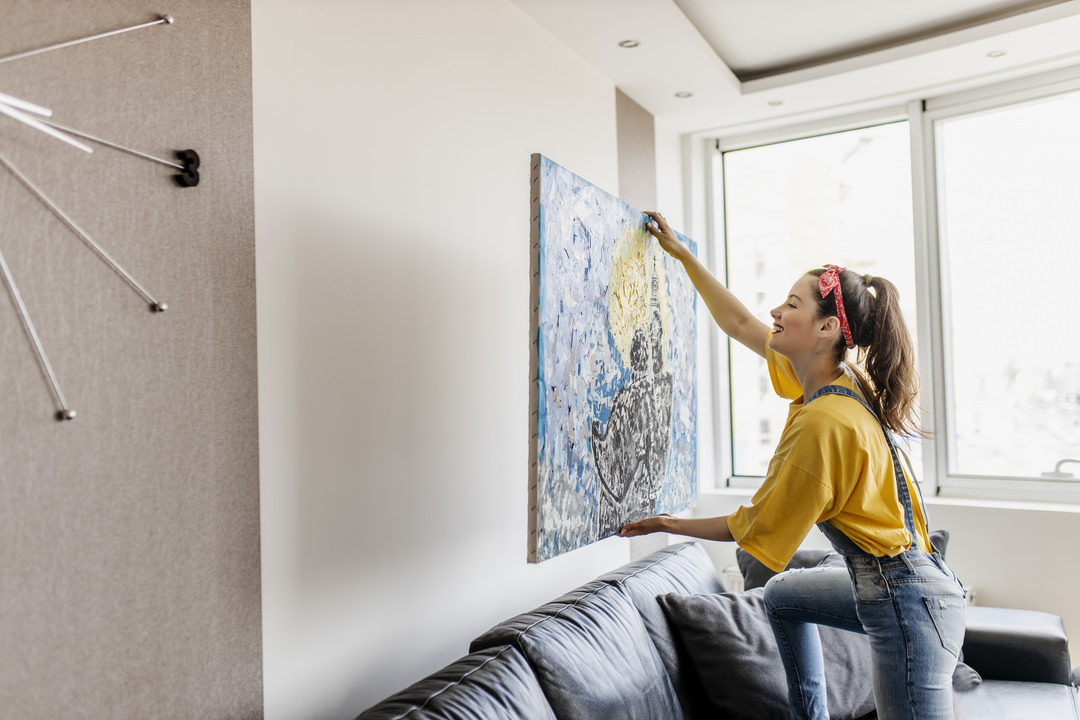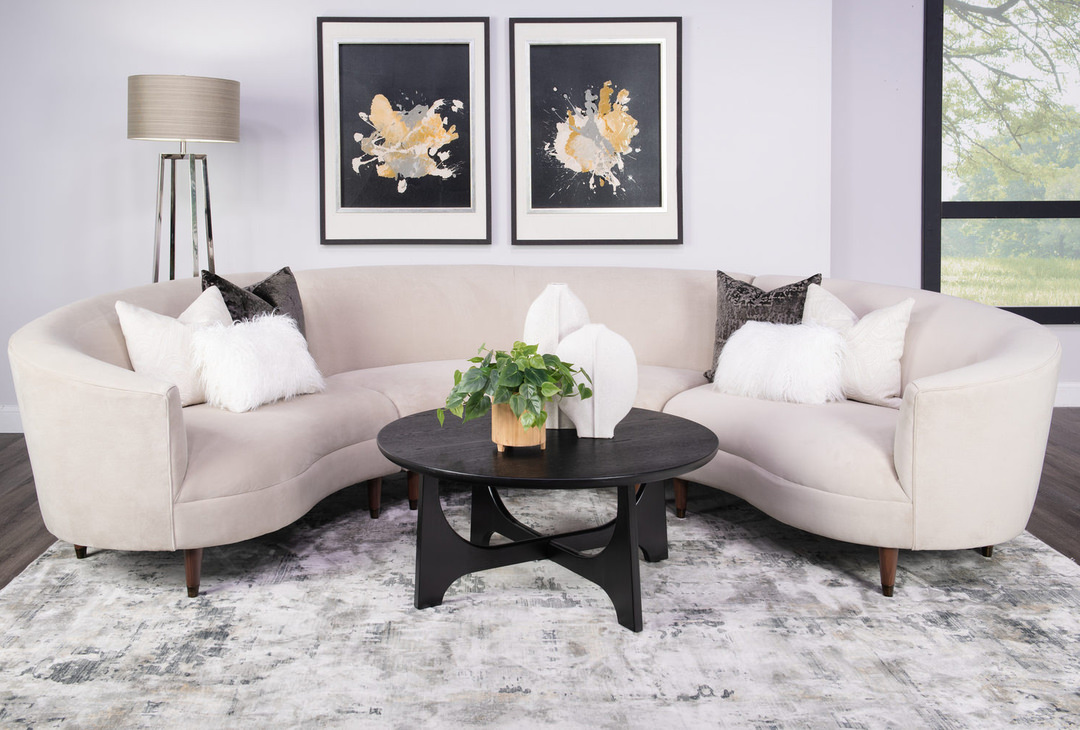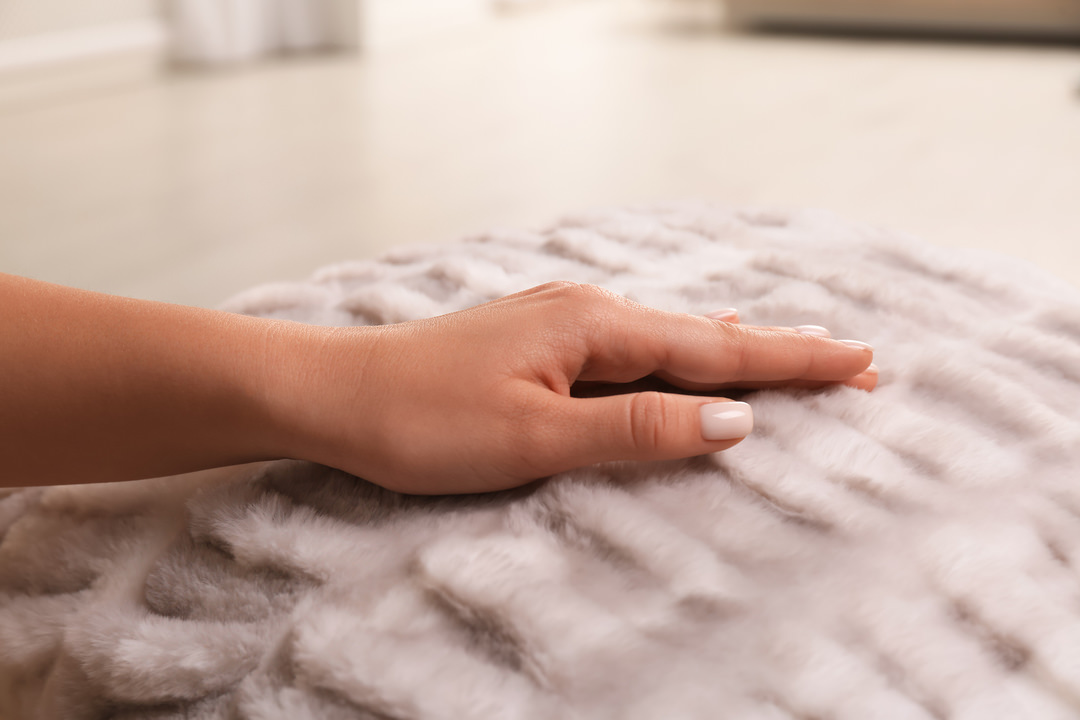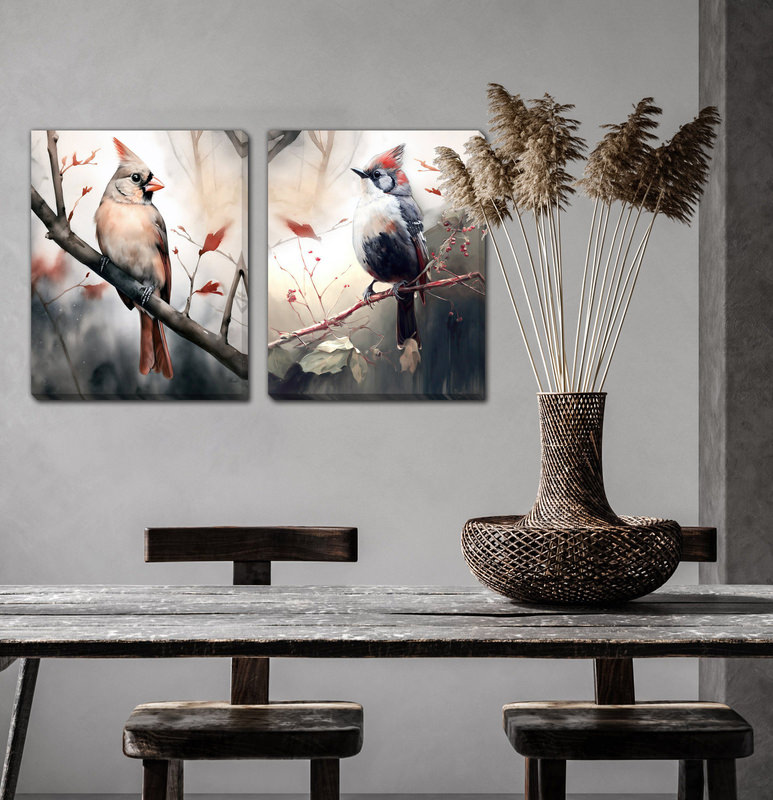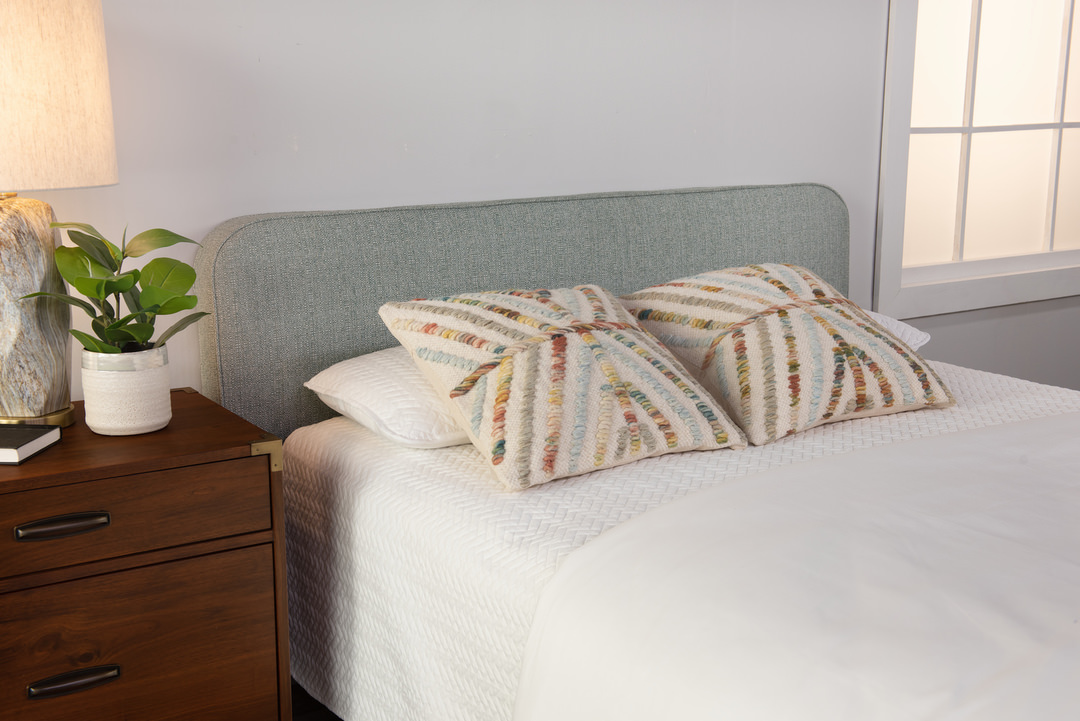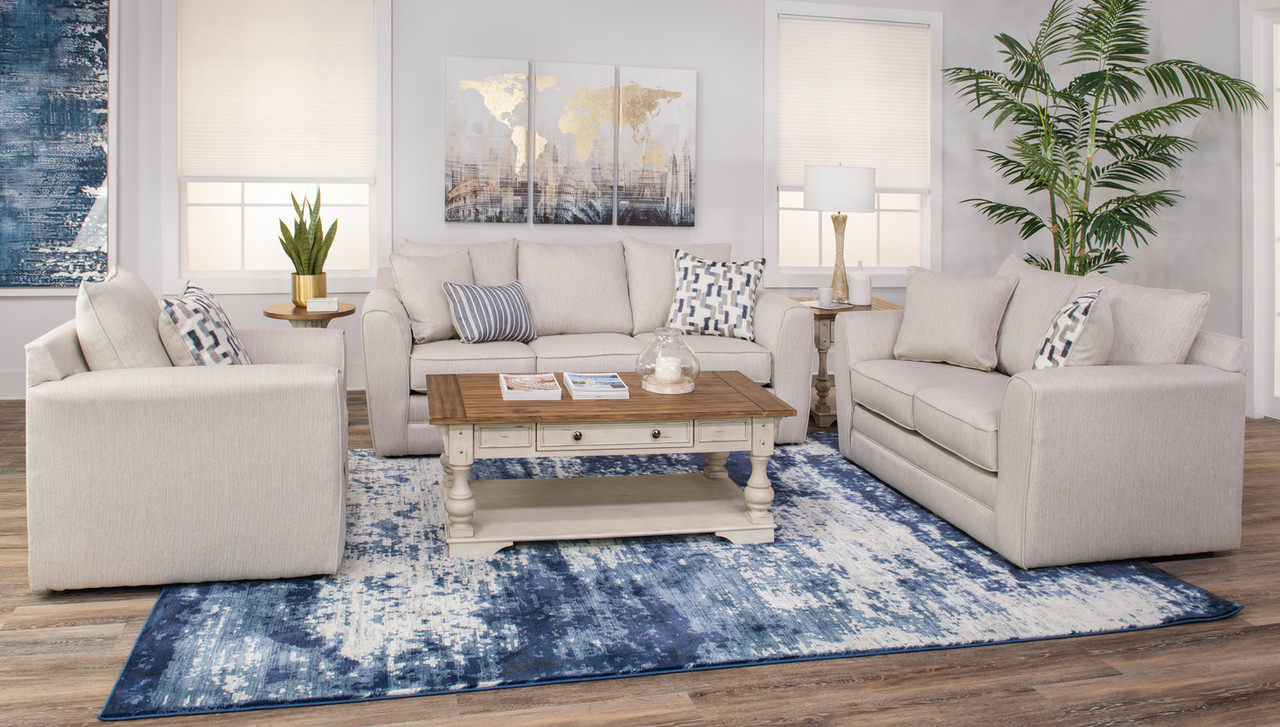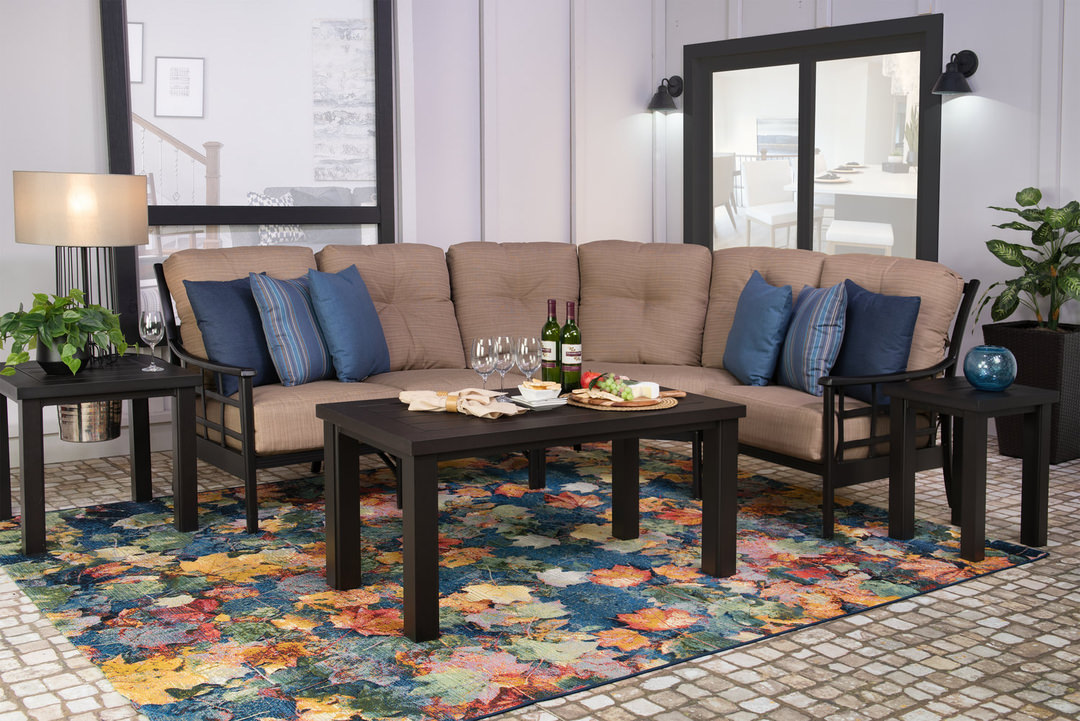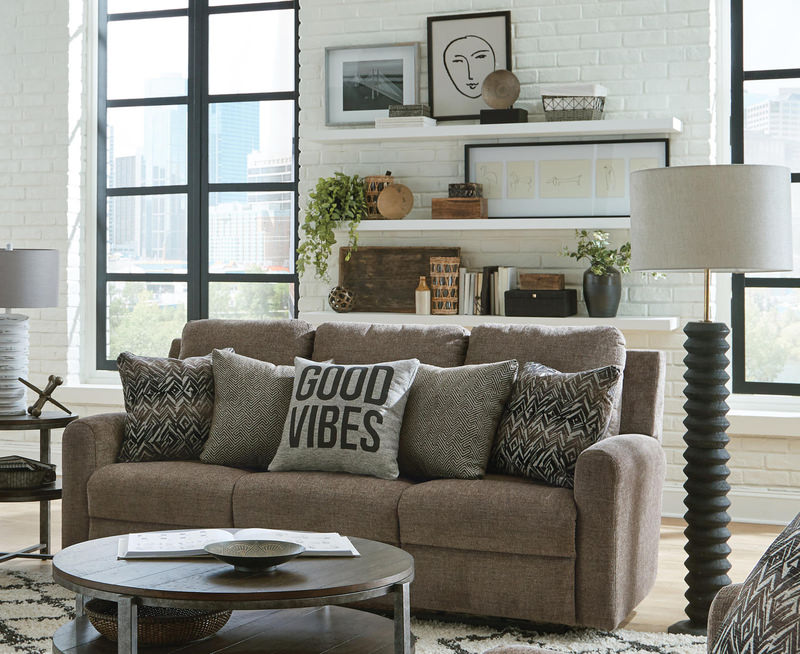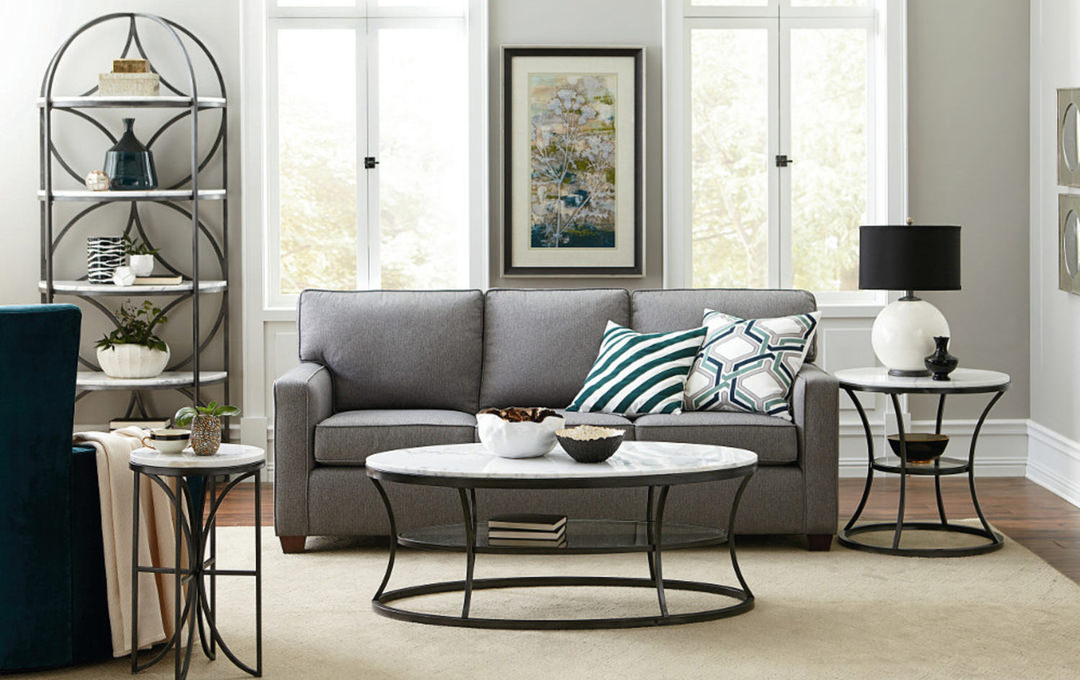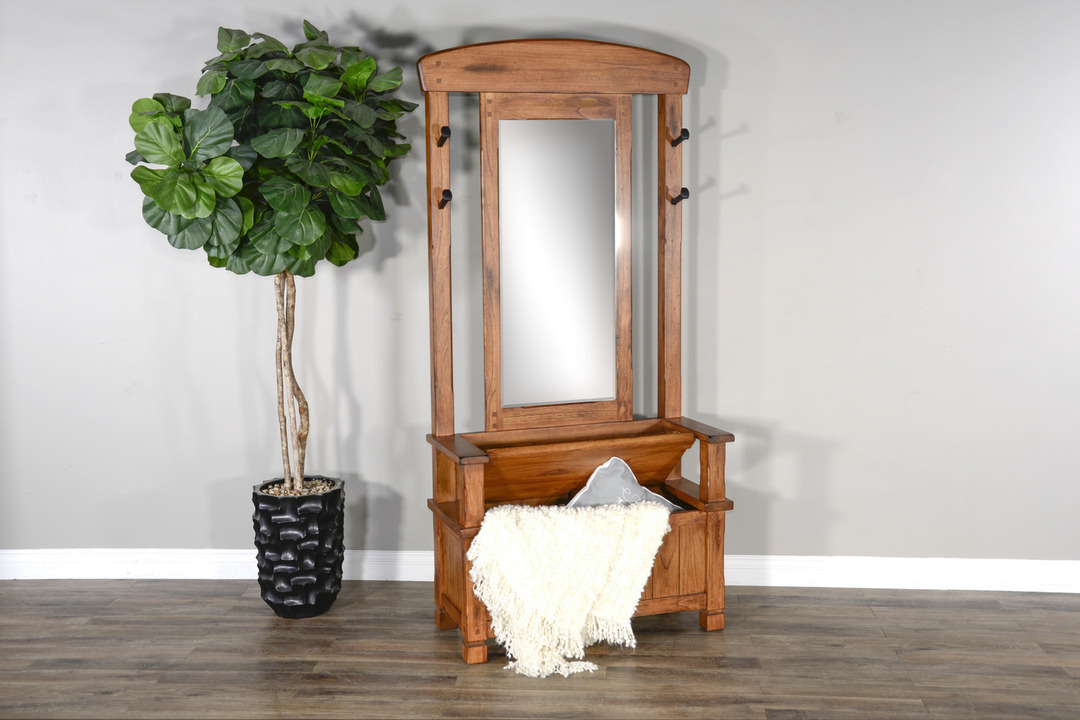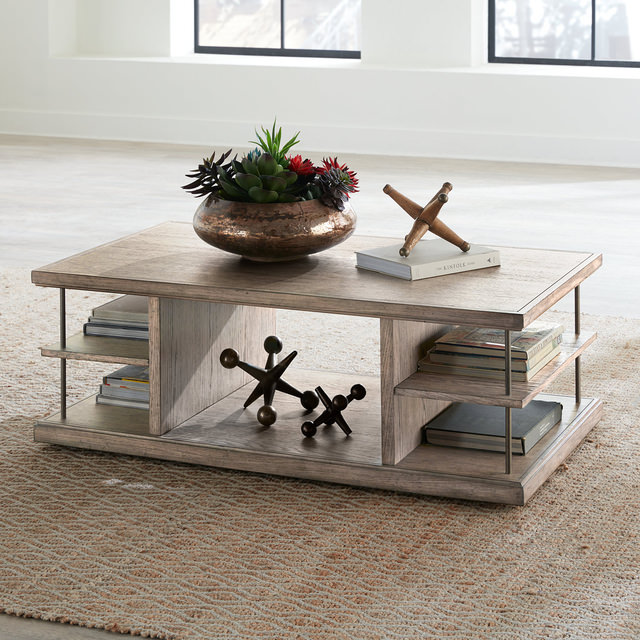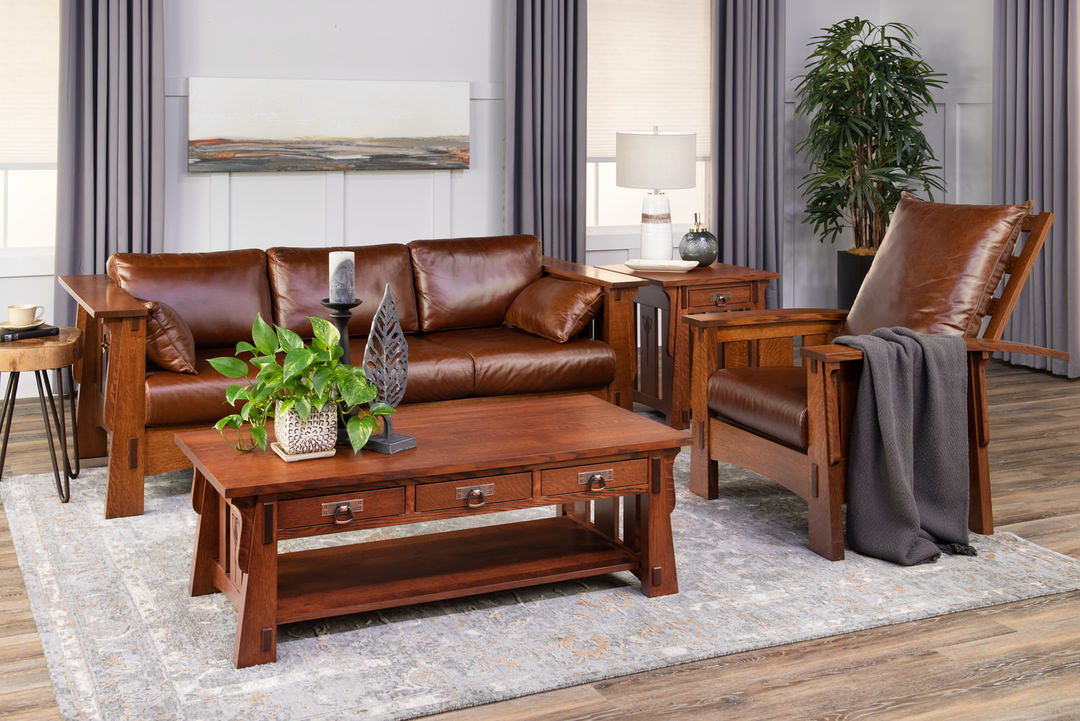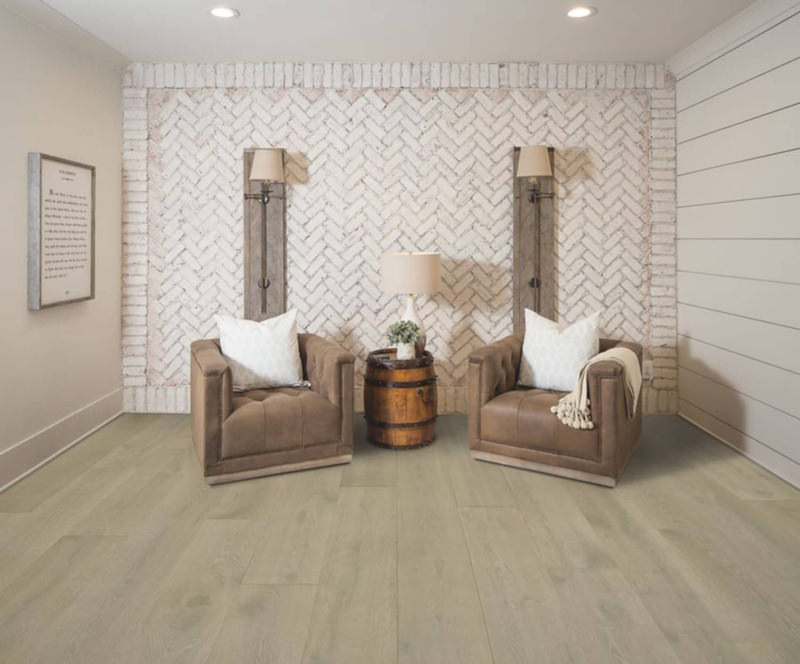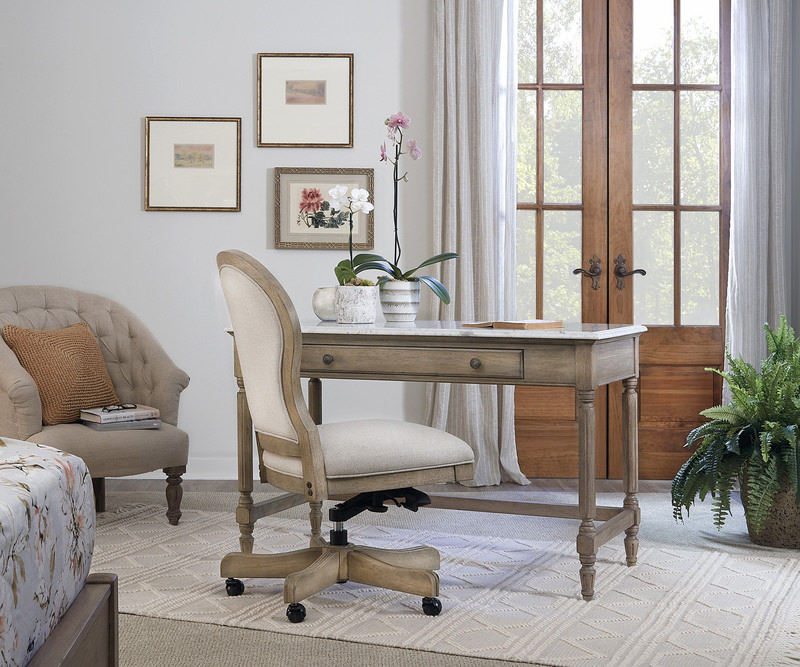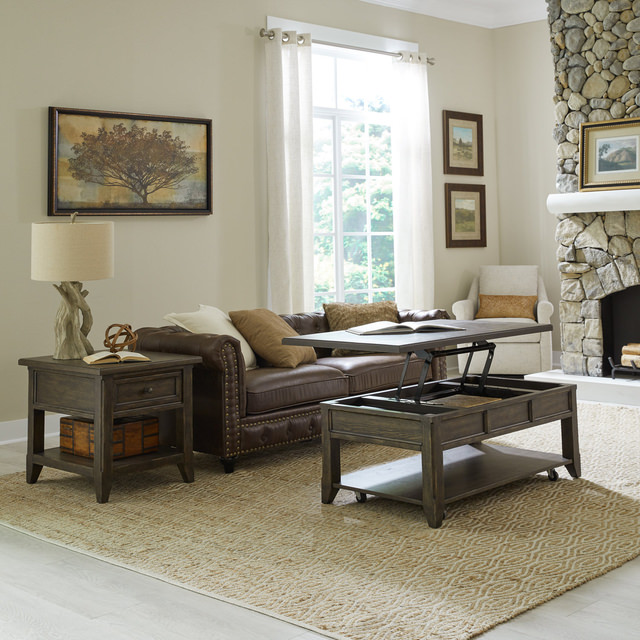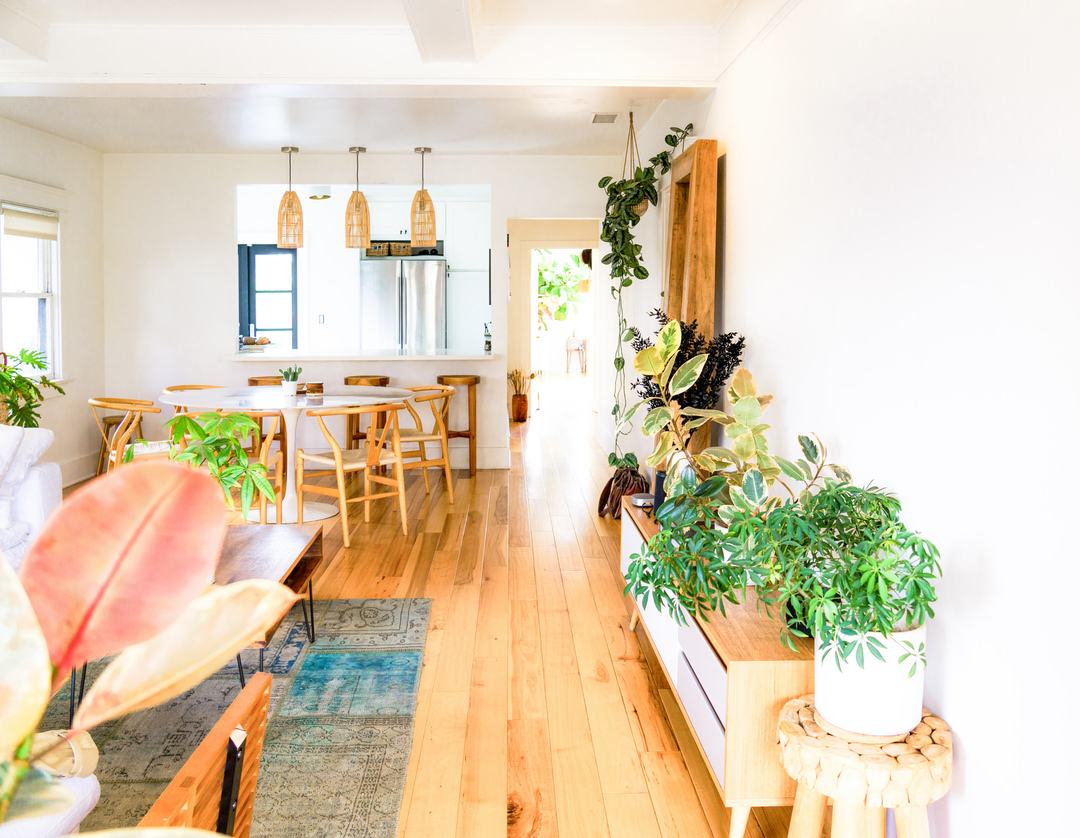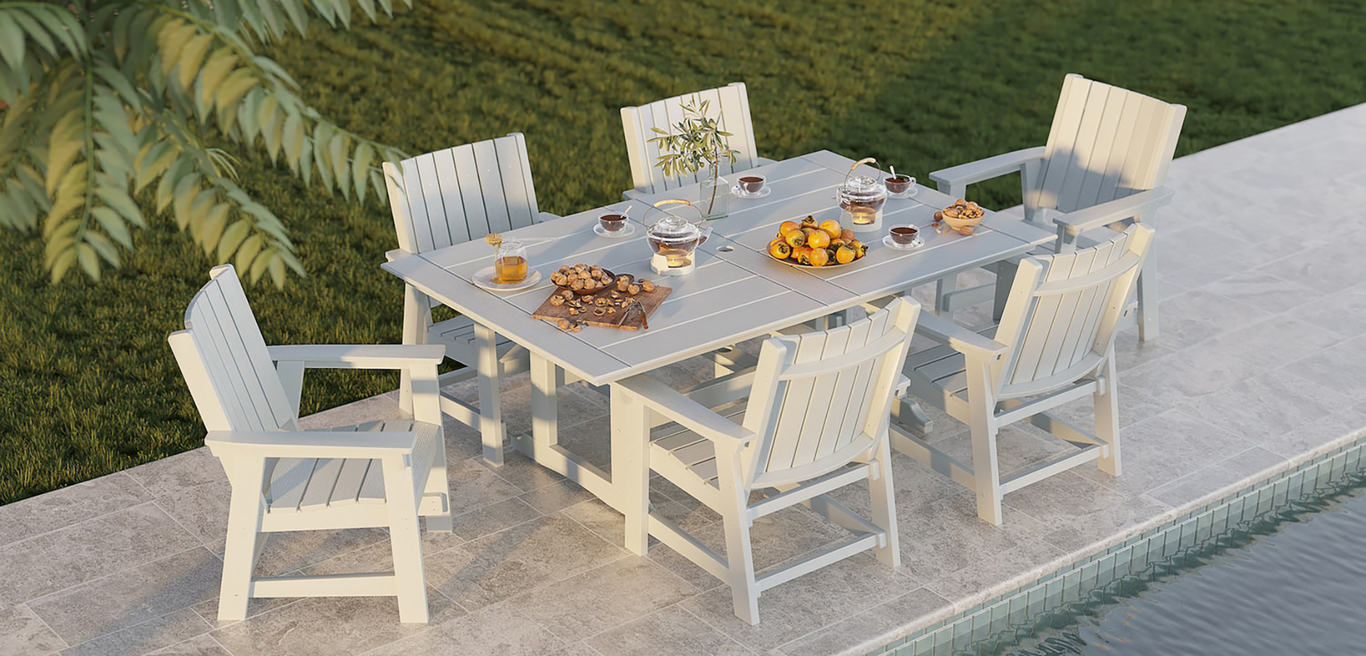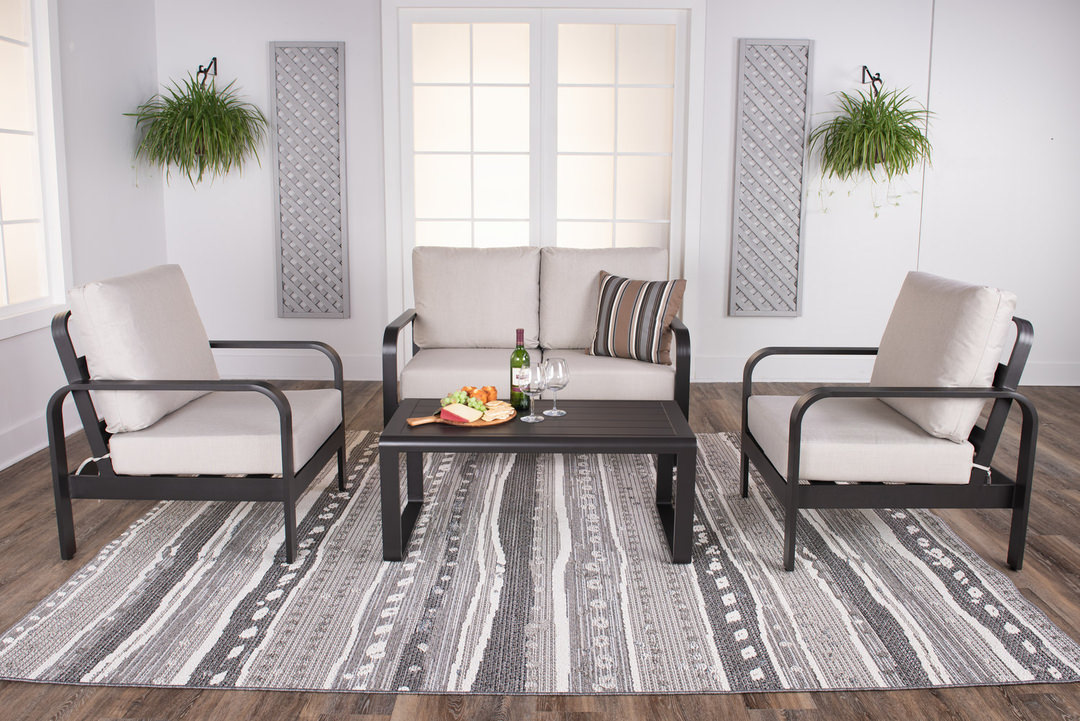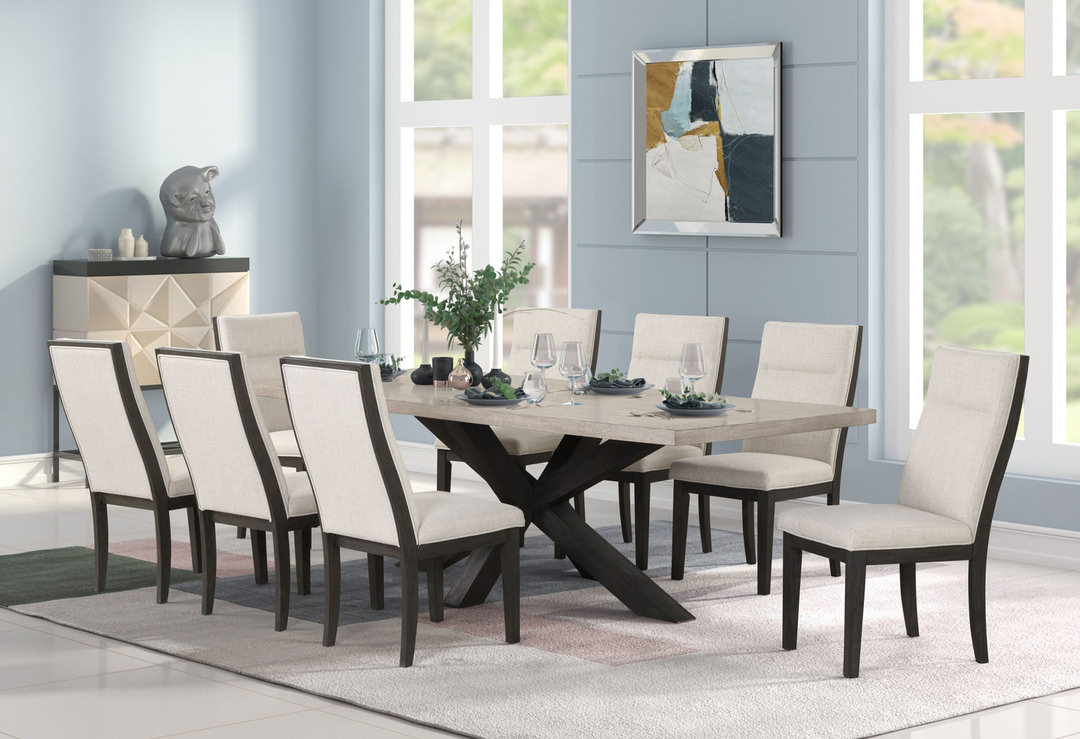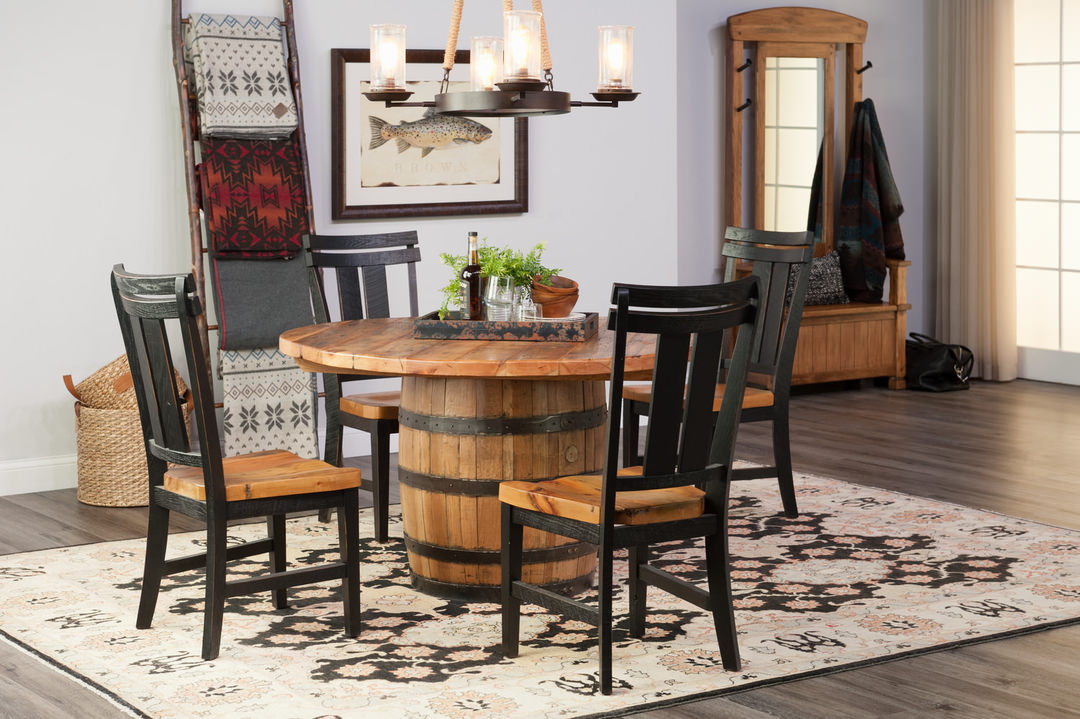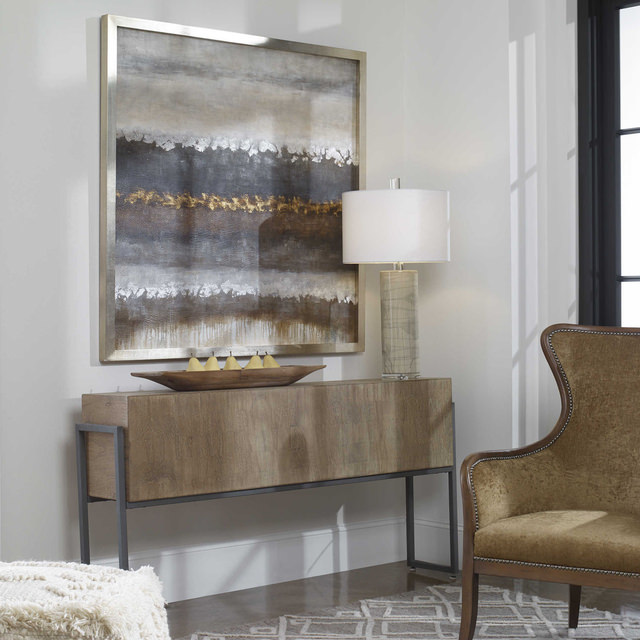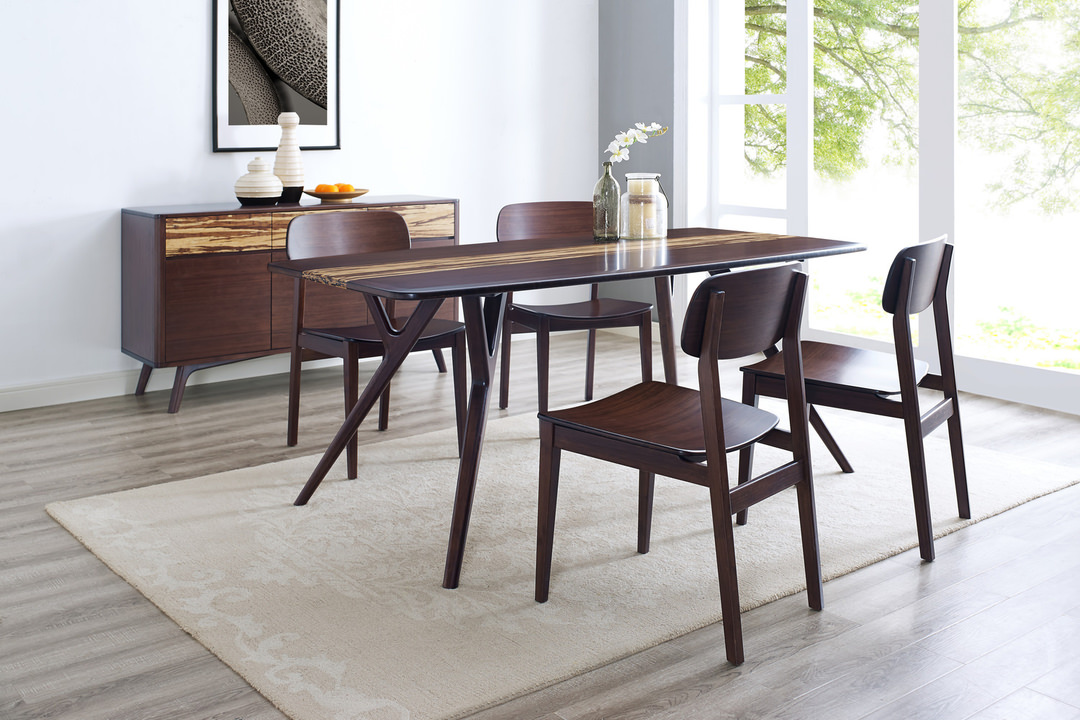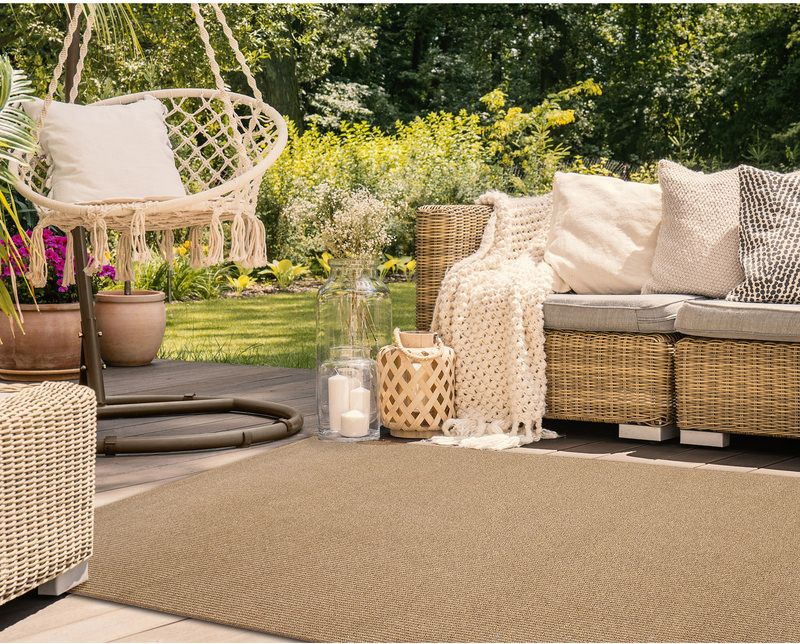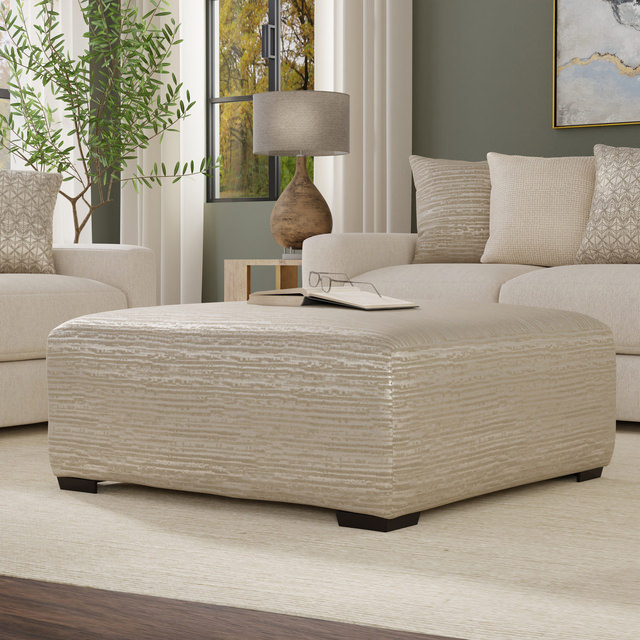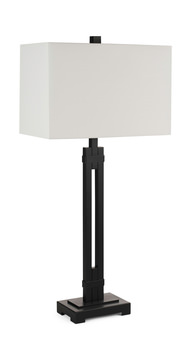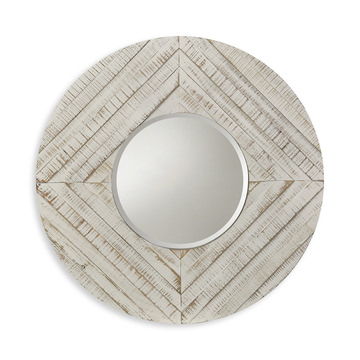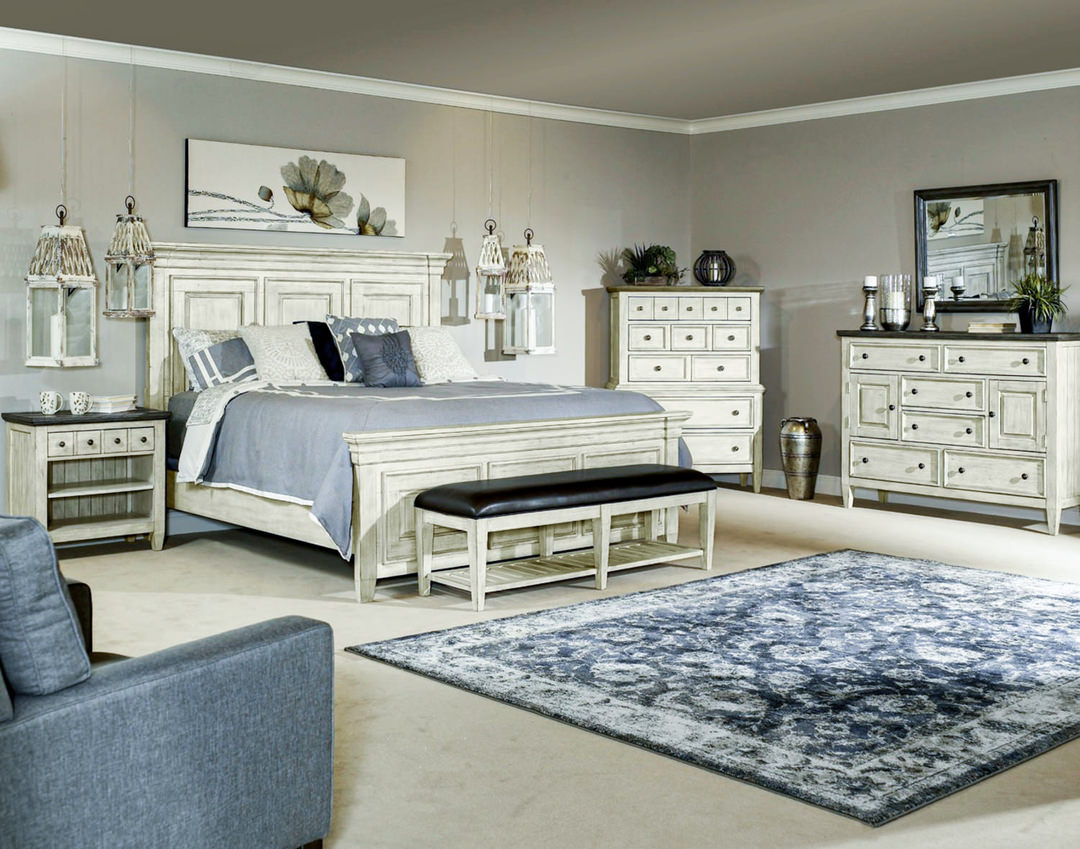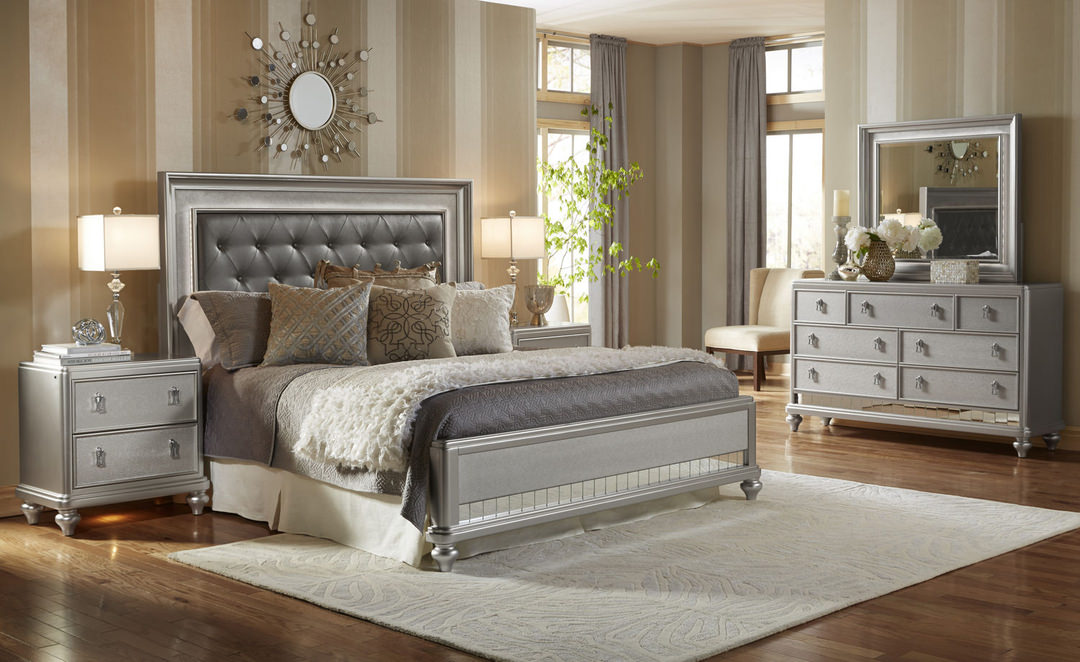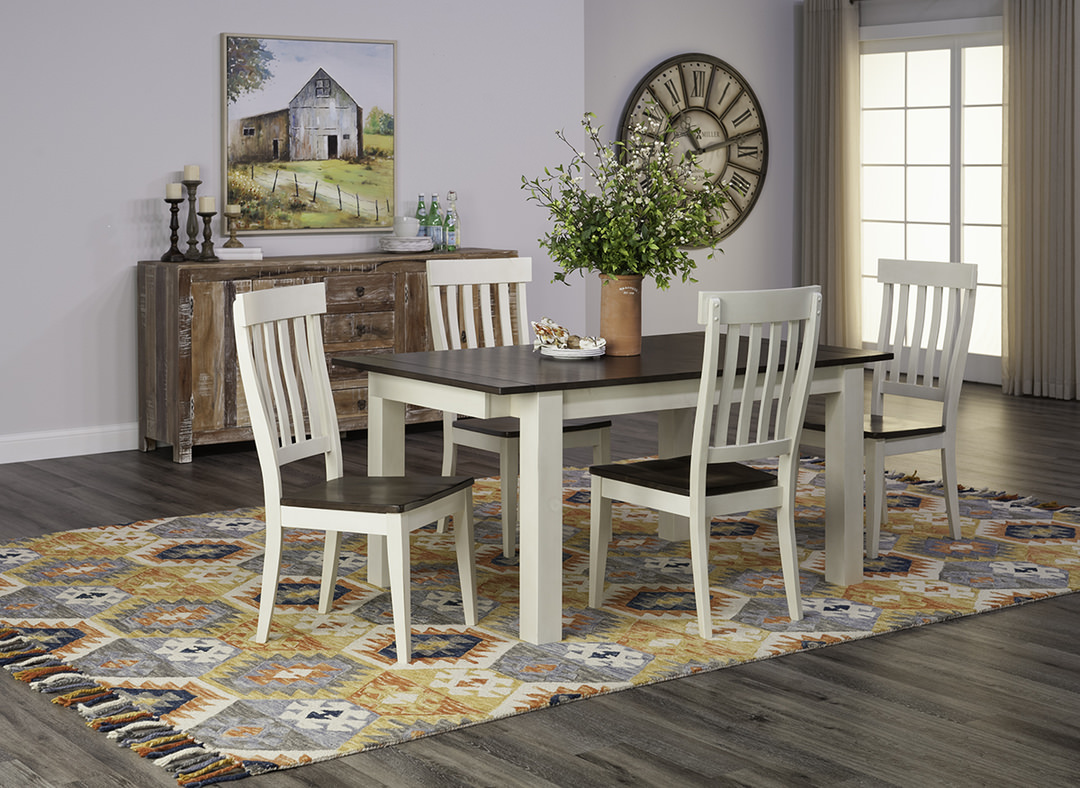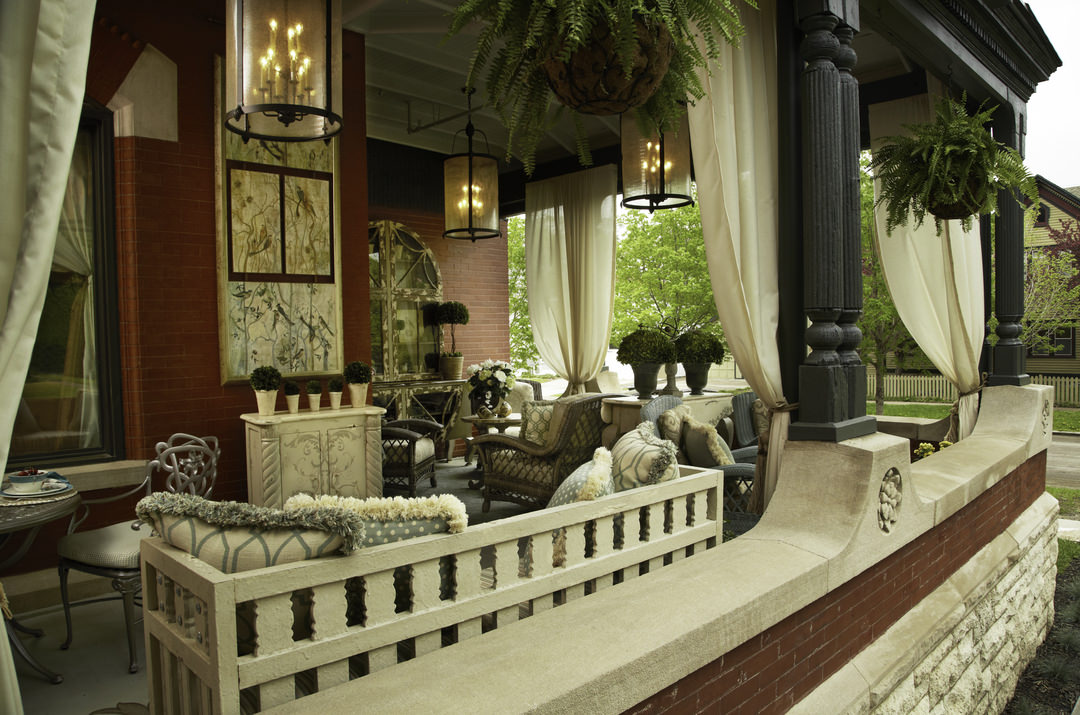Japandi Design
The Japanese and Scandinavian design trend that converges on natural elements.
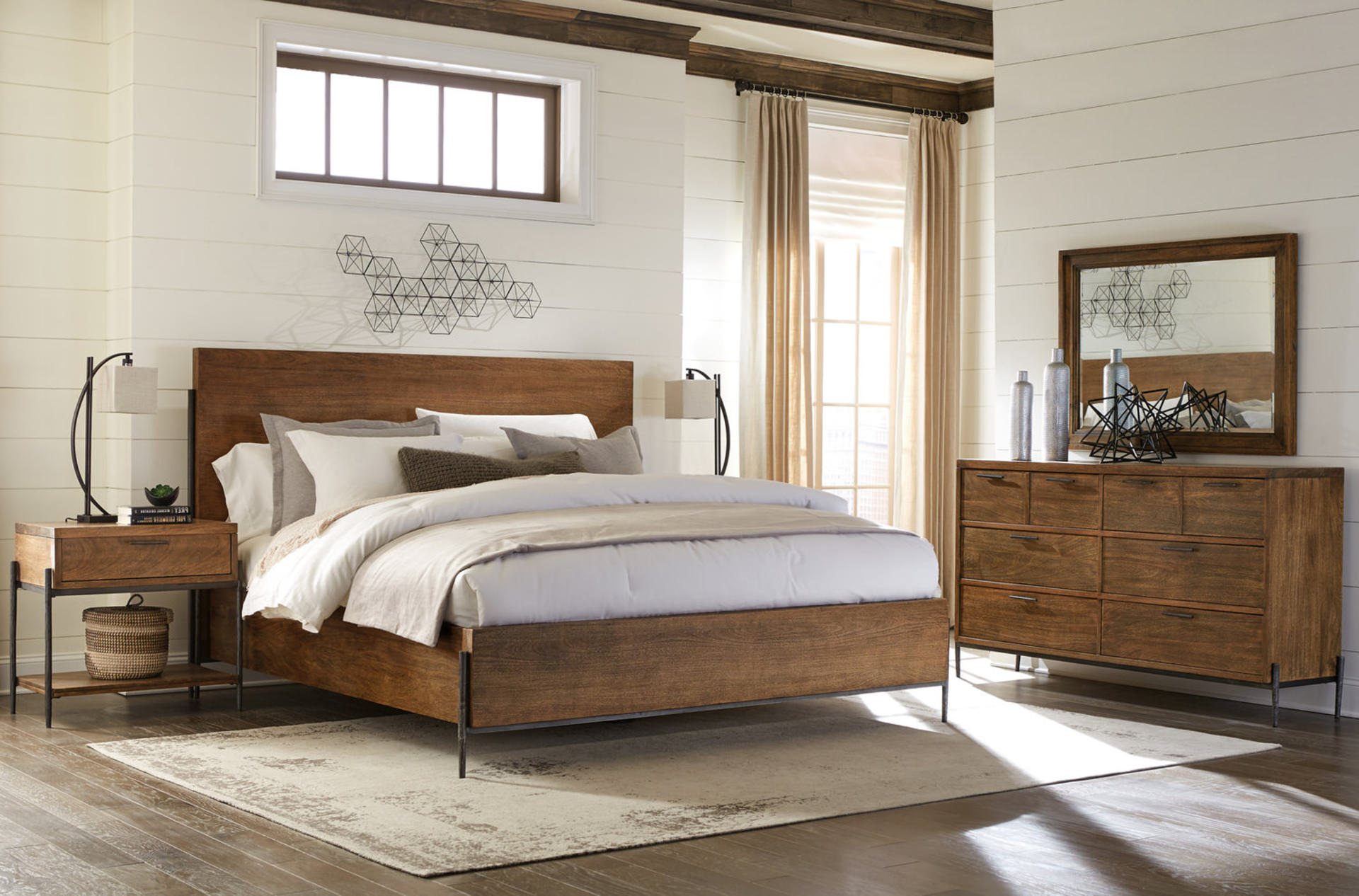
What is Japandi style?
From the sushirrito to Chinatown to Spanglish, the collaboration of cultures to create something beautiful, harmonious and unique out of their blend is appreciated throughout the world. The design world, which often showcases emerging styles from cultures in all parts of the globe, is no different. The current cultural collaboration making waves in home decor and design is Japandi. But what is Japandi style, and how does it find its way into homes and design?
Japandi, as the moniker suggests, is a combination of the Scandi and Japanese design styles that have been popularized throughout the design world. And the relationship between the two makes clear sense. Both focus on simplistic, beautiful and, over all else, functional design. Japandi style utilizes intentional and practical pieces, so that your room is as livable as it is visually pleasing.
Wabi-Sabi Working With Hygge
If you’re familiar with some popular design concepts, think of it as wabi sabi shaking hands with rustic hygge. Japanese wabi sabi accentuates the beauty in imperfection, in things that are handmade and locally sourced, while Scandinavian hygge presents the importance of the feeling of coziness and building a sanctuary at home. Together, they build an understanding that things in life that are comfortable and useful don’t need to be lavish or big in order to be gorgeous. It focuses on minimalism for practicality’s sake. Japandi design often blends the outdoors with indoor spaces, reminding those who live in them to spend more time in their environment, with their loved ones and on things that matter.
Natural Materials Meet
While the style's intentions blend really well, their overall aesthetics do too. Japandi style brings in the clean, striking lines of Japanese design with the more comfortable and rustic style of Scandinavian pieces. Wood is often the star of a Japandi design, especially unfinished wood or wood with clearly defined grain. Look to wood pieces, especially those with crisp lines and finishes, when building a Japandi space.
Earth Tones Together
This love of natural woods and materials also finds its way into the color palettes of many Japandi styles. Japandi designs feature earth tones and neutrals, blending natural materials with nature inspired colors seamlessly. Browns, greens, tans and other neutral colors help set a peaceful yet energizing environment that Japandi thrives on. This isn’t to say that color-lovers have to ditch their fun hues; incorporating splashes of color into a neutral room allows for bold and bright color usage without overwhelming the space.
Sustainability and Craftsmanship Convene
As mentioned, both Scandi and Japanese styles tend to feature locally sourced pieces that are handcrafted. Japandi style uses curated and unique items to bring a room together. The focus is on quality and longevity. These craftsman pieces reflect another important facet of Japandi style, which is sustainability. Both Japanese and Scandi design culture understand the importance of design that stands the test of time while also being good for the planet.
Like all things that are a collaboration between cultures, Japandi focuses on the core of both styles: livable and beautiful spaces made of quality pieces. It helps us understand that no matter where you live, you’ve got a lot in common with someone on the other side of the world.
Related Products
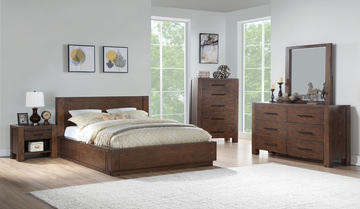
only 1 left in stock!
